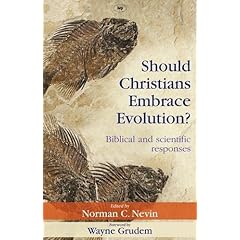For Uncommon Descent Question 11: Can biotechnology bring back extinct animals?, we have declared a winner, and it is binary! Twins!
Aussie ID and Nakashima.
I loved Aussie ID’s information about the specifics of attempts to restore the thylacine – he calls it a Tasmanian tiger. Possibly due to culture issues, I am more familiar with hearing the animal called a Tasmanian wolf. But anyone interested should review his information.
I’d love to know what a staked out* sled pack in northern Canada would make of the marsupial Tasmanian. He doesn’t look to me like he has three coats of hair, so he might need to work in the office.
I also appreciated Nakashima’s thoughtful reflections on the question of how behaviour might not follow the physical recreation of an animal. I suspect he’s right; it’s an open question indeed.
Each of you must provide me with a valid postal address** in order to receive the prize, a free copy of Steven Meyer’s Signature in the Cell (Harper One, 2009). Write to oleary@sympatico.ca**
If you go here, you will get a bit of background on the contest, and read many interesting contributions, but for now, here is the skinny:
This one’s a bit of fun, but there is a serious purpose behind it.
In “A Life of Its Own: Where will synthetic biology lead us?” (September 28, 2009 New Yorker mag), Michael Specter reports, “If the science truly succeeds, it will make it possible to supplant the world created by Darwinian evolution with one created by us.”
Jurassic Park, anyone?
Additional notes on interesting posts: Read More ›


